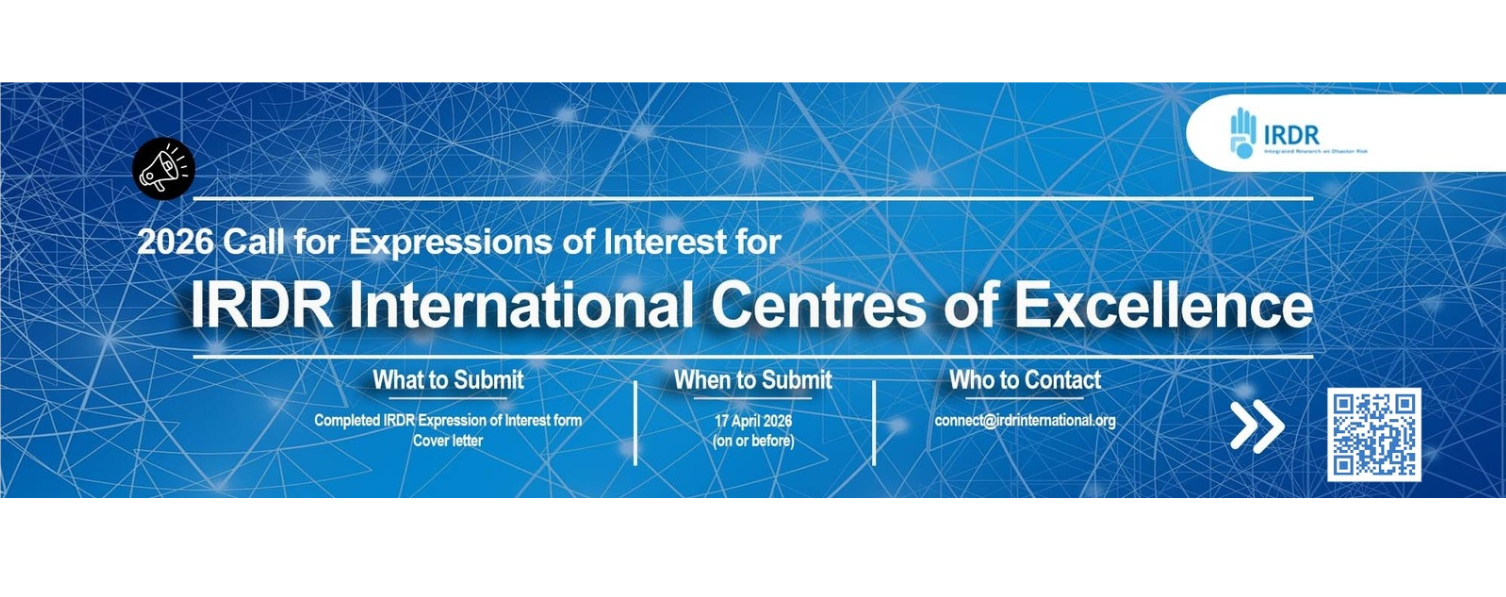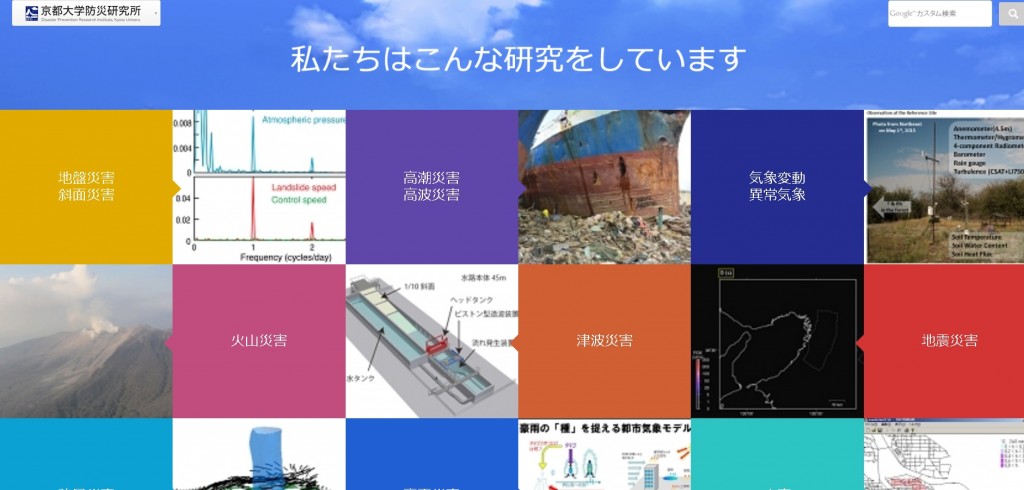The “FORIN Assessment, Revision and Update Workshop” was recently concluded in Paris, France last 12 November resulting to a more focused outline with intersecting and cross-cutting themes for (Forensic Investigations of Disasters (FORIN) 2.0. Led by IRDR SC Member and FORIN Chair Anthony Oliver-Smith, the workshop involved discussions on FORIN concepts and perspectives and assessment of the current FORIN template. The workshop was aimed to develop an outline for FORIN 2.0 with improved work plan and clarify ambiguous concepts used in the previous FORIN template.
 Tailin Huang from the National Cheng-Kung University in Taiwan shared the learning from Typhoon Morakot experience. Typhoon Morakot was the most devastating storm in 2009, and was also the deadliest typhoon to impact Taiwan in recorded history. Based on reports, Typhoon Morakot caused 1.59 million residents in Taiwan to lose power and left 769,000 without running water. Another result of the heavy rainfall was major agricultural losses, estimated to be $494 million (2009 USD, 2009 $16.5 billion TWD). Taiwan’s experience on typhoon Murakot synthesized the disaster event to reveal the underlying systemic patterns and learn from them using the FORIN approach. See Forensic Investigation of Typhoon Morakot Disaster: Nansalu and Daniao Village Case Study.
Tailin Huang from the National Cheng-Kung University in Taiwan shared the learning from Typhoon Morakot experience. Typhoon Morakot was the most devastating storm in 2009, and was also the deadliest typhoon to impact Taiwan in recorded history. Based on reports, Typhoon Morakot caused 1.59 million residents in Taiwan to lose power and left 769,000 without running water. Another result of the heavy rainfall was major agricultural losses, estimated to be $494 million (2009 USD, 2009 $16.5 billion TWD). Taiwan’s experience on typhoon Murakot synthesized the disaster event to reveal the underlying systemic patterns and learn from them using the FORIN approach. See Forensic Investigation of Typhoon Morakot Disaster: Nansalu and Daniao Village Case Study.
Charlotte Kendra Gotangco Castillo from the Manila Observatory in Ateneo de Manila University also shared the Metro Manila project using FORIN with emphasis on Climate change Adaptation (CCA) – Disaster Risk Management (DRM) mainstreaming probing on how to test and operationalize integrated CCA-DRM FORIN framework in the context of Metro Manila in terms of multi-sectoral development.
Arabella Fraser and Mark Pelling joined the discussion on FORIN in the context of Preparing for Extreme And Rare events in coastaL regions (PEARL) project.Fraser shared how FORIN framework was tested for 16 European coastal flood cases, or sets of cases, where holistic assessments were available.
Terry Cannon from the Institute of Development Studies in UK presented“Advancing the Core Concept and Methodology- Root Cause Analysis- Presentation on the Crunch Model” while Ian Burton from the University of Toronto discussed “Comparing Disasters: Meta-Analysis and an Epidemiology of Disasters”.
The rest of the sessions focused on FORIN research and governance which was led by Facultad Latinoamericana de Ciencias Sociales (FLASCO) Coordinator Allan Lavell and other issues on FORIN concepts and terms, organizing FORIN research projects, FORIN and analysis of current development policies, strategies and projects and relevance of FORIN for policy.
The workshop from 10-12 November was sponsored by the Integrated Research on Disaster Risk (IRDR), the International Council for Science (ICSU) and the United Nations International Strategy for Disaster Reduction (UNISDR).






